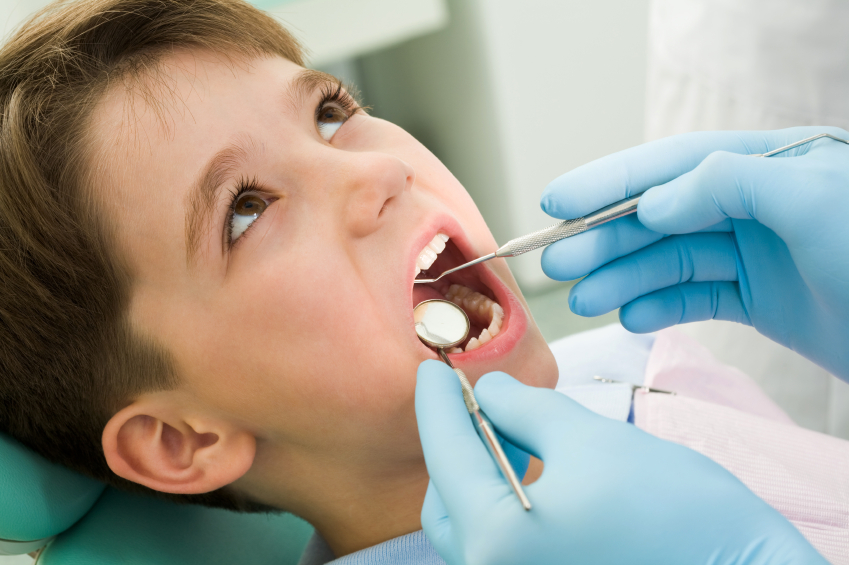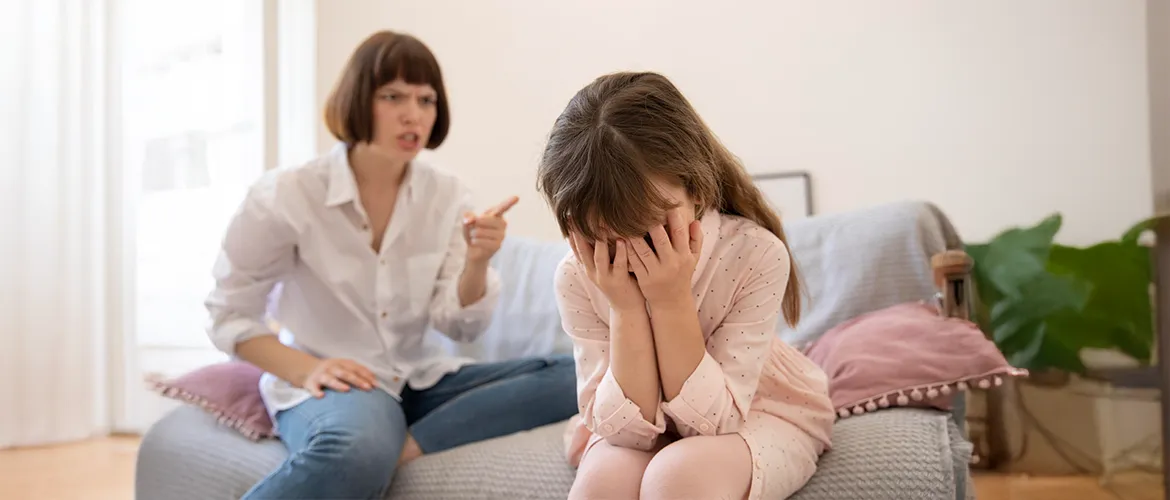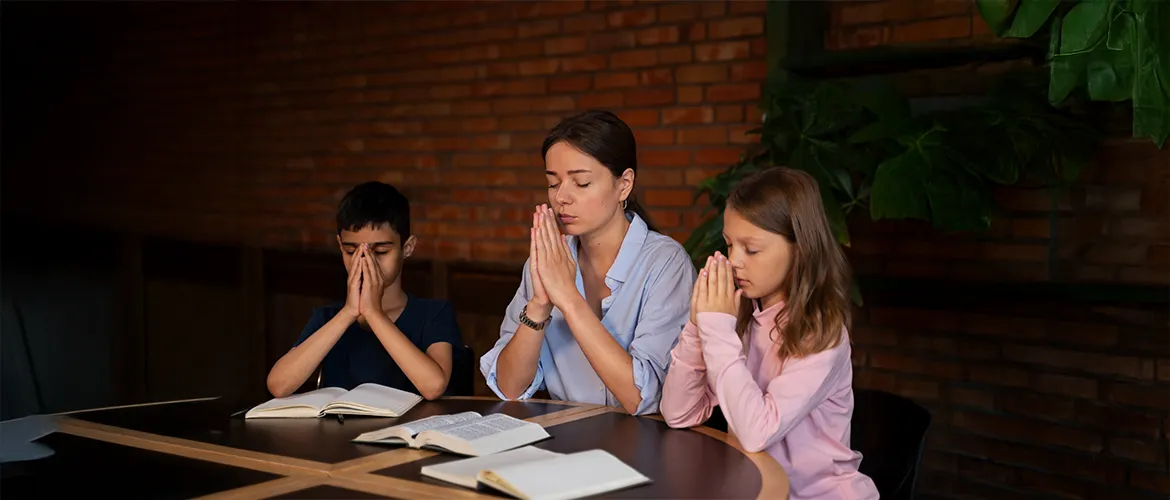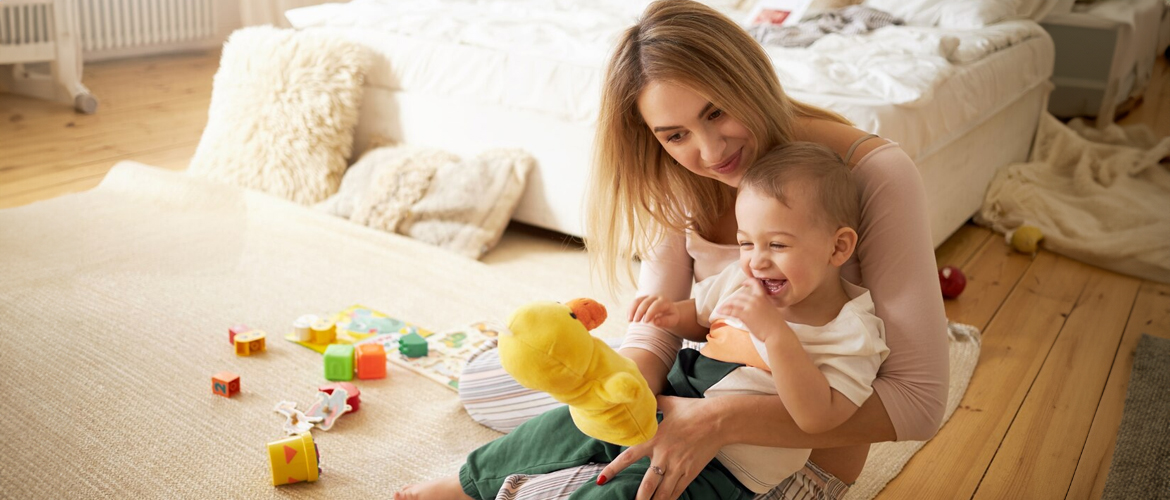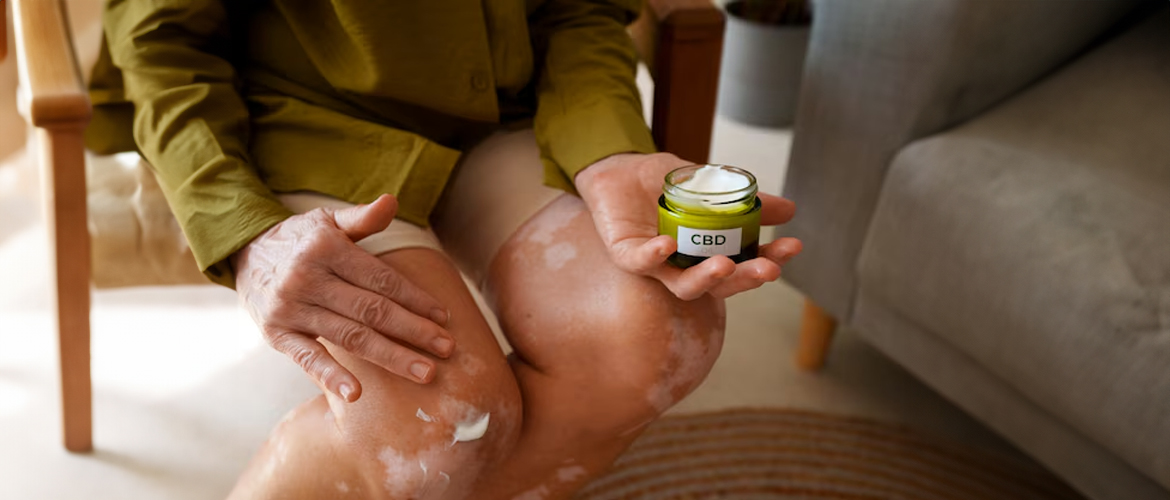You're holding your toddler with one hand, your lukewarm coffee in the other, and the pediatric dentist's office feels like a vortex of judgment and bubblegum fluoride.
Sound familiar?
If you’re a working mom like me, prepping for your child’s first dental appointment is a mix of mental gymnastics, calendar sorcery, and deep breathing. But here’s the good news: it’s not as scary as you think. In fact, it might even be... fun. (Okay, maybe that’s a stretch—but manageable? Absolutely.)
Let’s break it down.
When Should You Schedule the First Dental Appointment?
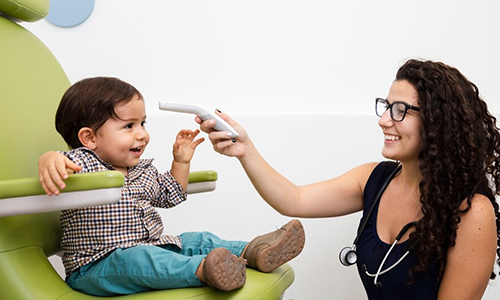
According to the American Academy of Pediatric Dentistry, your baby’s first dental visit should happen by their first birthday or within six months of their first tooth erupting—whichever comes first.
Yes, even if they only have one lonely little tooth peeking out like a shy guest at a party. The sooner you start, the easier it is to catch any early issues (and build good habits).
Dental Visit Timeline: Age & Reason
| Age | Visit Type | Why It’s Important |
| 6–12 months | First dental appointment | Assess tooth development, teething tips |
| 2 years | Check-up | Early cavity check, cleaning intro |
| 3–5 years | Regular 6-month visits | Reinforce hygiene, fluoride protection |
| 6–12 years | Routine + ortho screening | Watch for misalignment or crowding |
| 13+ | Regular dental care | Build independence, monitor wisdom teeth |
How to Prepare for Your Child’s First Dental Appointment
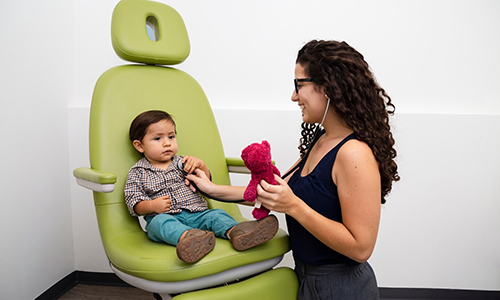
1. Start the Talk Early
No, you don’t need to show them horror movies about cavities. Just casually introduce the idea: “We’re going to see a tooth doctor who helps keep your smile happy.”
There are great picture books like “The Berenstain Bears Visit the Dentist” that make it a breeze.
2. Do a Practice Run
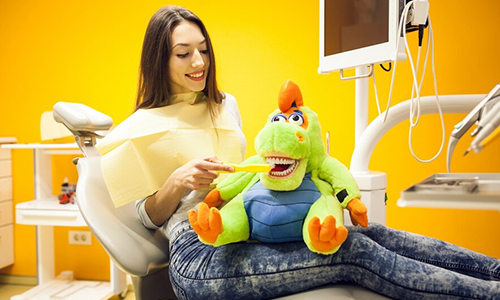
Have a mock dental checkup at home. You pretend to be the dentist. Count their teeth. Show them how the dentist might look in gloves and a mask. It takes the mystery out of it—and makes it a giggle fest.
3. Pack a Distraction Survival Kit
Snacks for after, a comfort toy for during, and something to entertain while waiting. I brought a stuffed dinosaur named Molar Mike. He now has his own toothbrush.
4. Prep Your Questions
Jot down things you want to ask:
- Is thumb-sucking causing any issues?
- When should we start using fluoride toothpaste?
- How to clean back molars without a wrestling match?
5. Schedule Smart
Avoid nap times, meal times, or basically any time your child is likely to morph into a tiny tornado. Early morning usually works best.
What Actually Happens During the First Visit?
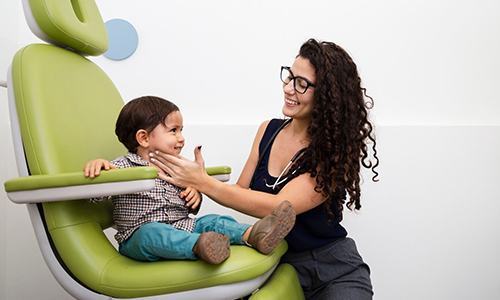
Surprise: Not much drilling, if any.
Here’s what to expect:
- A warm welcome and tour of the kid-friendly office
- A gentle exam of teeth, gums, and bite
- Possibly a quick cleaning or fluoride application
- A chat about brushing, flossing, and what snacks to avoid
Your dentist will probably ask about bottle or pacifier use, thumb sucking, diet, and brushing routines. There may also be stickers involved—for the kid, not you. (Unfair, I know.)
How Often Should Kids Go to the Dentist?
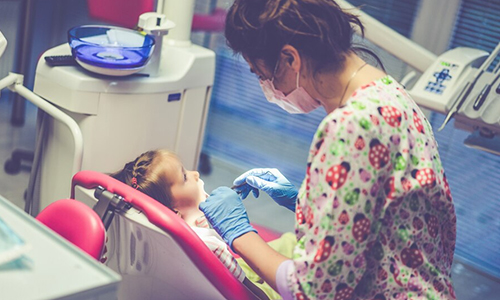
The golden rule: Every six months—unless your dentist recommends otherwise due to specific concerns like weak enamel, cavities, or orthodontic issues.
It might sound like a lot, but the earlier you normalize these visits, the easier it becomes. Plus, fewer surprise cavities = fewer surprise expenses.
Tips to Make Dental Visits Easier for Busy Moms
- Book visits first thing in the morning. Less waiting = fewer meltdowns.
- Combine with school holidays or WFH days.
- Keep a checklist on your phone: toothbrush, snacks, insurance card, toy, questions.
- Build a reward ritual after each visit: Frozen yogurt, sticker shopping, or just a victory selfie.
The first time I took my daughter in, I was more nervous than she was. But the pediatric dentist was a magician in scrubs. He made her laugh, taught me a trick with the elbow hold (game-changer for brushing squirmy toddlers), and we left without a single tear.
If you go in prepared—and keep your expectations low but your energy calm—it can actually be a positive experience. Who knew?
FAQs About First Dental Appointments
1. What age should a child go to the dentist for the first time?
By age 1 or within 6 months of the first tooth.
2. What happens at a baby’s first dental appointment?
A gentle exam, parent Q&A, and early dental hygiene tips.
3. Should I see a pediatric dentist or a general dentist?
Pediatric dentists specialize in children’s dental care and are trained to handle nervous little ones.
4. Can I stay with my child during the exam?
Absolutely—most dentists prefer it for younger kids.
5. How often should toddlers visit the dentist?
Every six months, just like adults.
6. How do I choose the right dentist for my child?
Look for one with pediatric experience, good reviews, and a kid-friendly environment.
You’ve got this, mama. Your kid’s first dental appointment doesn’t have to be stressful—or chaotic. With a bit of prep, a lot of patience, and maybe a magic stuffed dinosaur, it can be one of those parenting wins you’ll look back on and smile.

